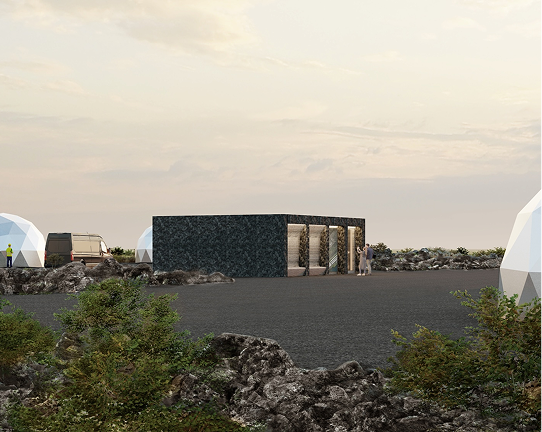Offerings
What sets us apart
The steps we take
Point source mineralisation
Terminal mineralisation
FAQ
Operations
How Carbfix works
Our Technical Advantage
Carbfix Atlas
Research
Scientific Papers
Methodology
FAQ
Research Projects
Point Source Projects
Direct Air Capture
Coda Terminal
Our Company
Our Culture
From Research to Deployment
Board of Directors
Leadership Team
Governance
Careers
Carbfix 101
Carbfix for kids
Mineralisation Summit
News & Media
Contact Us
General
Visit arrangements, scientific inquiries, or any general questions
Commercial
Discover our solutions and how we can work together
Press Inquiries
Contact us for your story needs, or any media related questions
Job Applications
Explore career openings and join our growing team of Carbfixers
Offerings
What sets us apart
Steps we take
Point Source Mineralisation
Terminal Mineralisation
Operations
How it works
Technical Advantage
Carbfix Atlas
Coda Terminal
Point Source Projects
Direct Air Capture
Research Projects
Research & Development
Direct Air Capture
Research Projects
Research & Development
Methodology
Our Company
Our Culture
Carbfix Timeline
Board of Directors
Leadership team
Join our team
Carbfix 101
News & Media
Latest News
In the Media
Press Inquires
We turn CO₂ into stone
Carbfix hf. | Höfðabakki 9D | 110 Reykjavik | SSN. 5310220840 | VAT no: 147109 | Privacy Policy
Copyright © 2024 Carbfix hf. All rights reserved.
